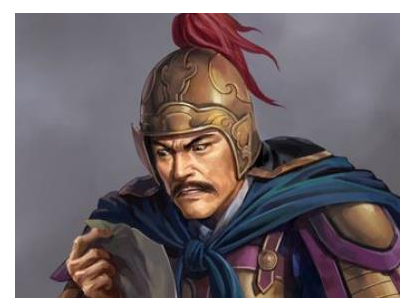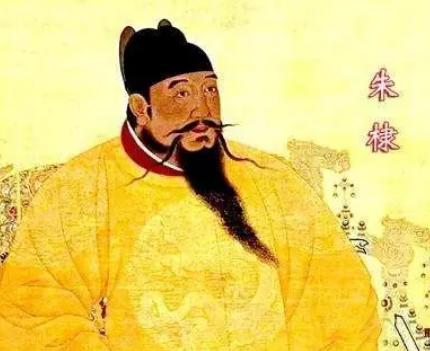As an outstanding female political figure in the Song Dynasty, Liu E took on the role of regent during the illness of her husband, Emperor Zhenzong, demonstrating remarkable political talent. However, she did not claim the throne during her reign, raising questions about the historical and cultural factors behind this decision. This article will explore this issue.

I. Background of Liu E's Reign
Liu E was born in the Song Dynasty, an era where feudal ethics were strictly enforced. Despite her humble origins, she rose to become the queen of Emperor Zhenzong through her intelligence and beauty. When Emperor Zhenzong became ill and unable to handle state affairs, Liu E began to serve as regent, responsible for managing national affairs.
II.Reasons Why Liu E Did Not Claim the Throne
1. Constraints of Feudal Ethics: In feudal society, women's status was relatively low, and it was difficult for a woman to claim the throne. Despite her actual power, Liu E still needed to follow the ethical norms of the time to avoid unnecessary controversy and criticism.
2. Safeguarding the Stability of the Throne: As the queen, Liu E's status and power derived from the emperor. Claiming the throne might have led to instability in the royal power and even triggered a political crisis. Therefore, to maintain the stability of the throne, Liu E chose not to claim the throne.
3. Personal Qualities and Wisdom: Liu E was well aware of her status and responsibilities. She prioritized the interests of the country and the people rather than pursuing personal power. This noble quality and outstanding wisdom earned her widespread respect and support during her reign.
Conclusion:
Liu E's decision not to claim the throne during her reign was influenced by both the feudal ethics of the time and her personal qualities. She prioritized the interests of the country and the people, demonstrating the responsibility and wisdom of a female politician. By reviewing Liu E's story, we can better understand the historical and cultural context of that era as well as the remarkable talents exhibited by women in political arenas.
Disclaimer: The above content is sourced from the internet and the copyright belongs to the original author. If there is any infringement of your original copyright, please inform us and we will delete the relevant content as soon as possible.































